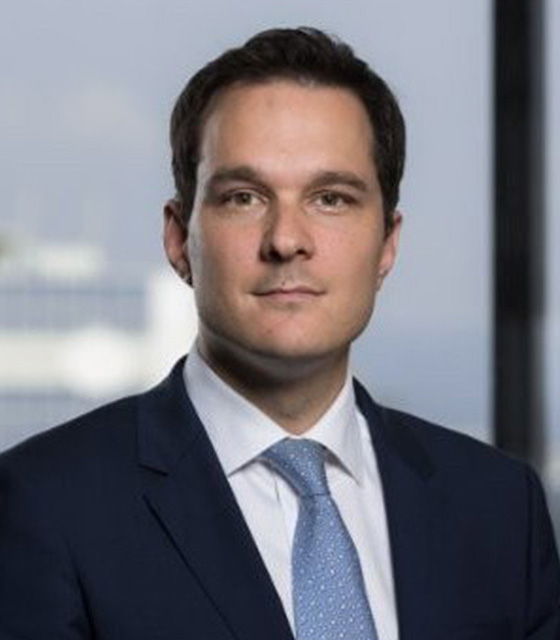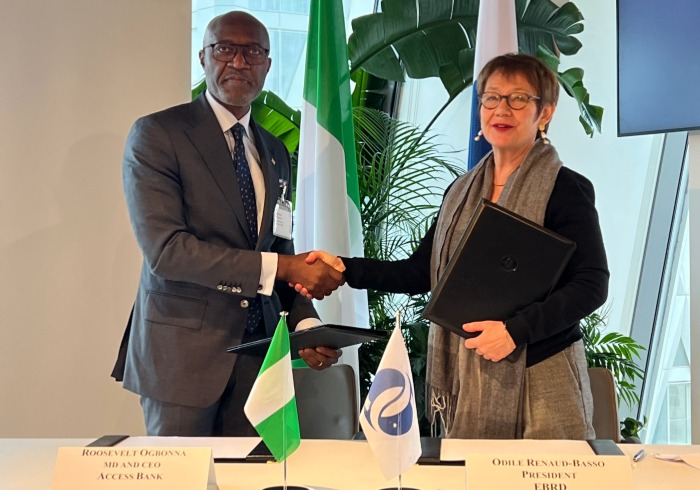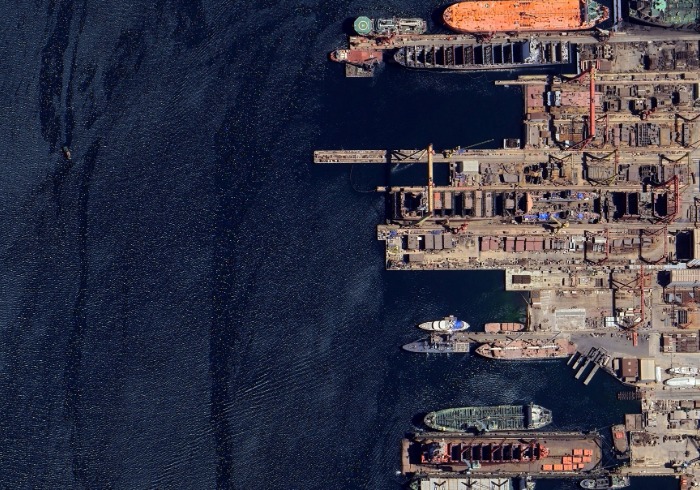The UK financial regulator is conducting three investigations into possible violations of money laundering regulations in the trade finance sector, new information shows.
In response to a freedom of information request from GTR, the Financial Conduct Authority (FCA) said it has three open investigations under money laundering and terrorist financing regulations which involve trade finance activity.
One of the investigations was opened in 2020, two were opened in 2021 and all three remain active. It did not identify any probes that were opened before 2020.
The disclosure follows a stern letter last month from the FCA and Bank of England to companies that carry out trade finance activity, which warned that “recent assessments of individual firms have highlighted several significant issues relating to… financial crime controls”.
The letter instructed all firms that undertake trade finance activity to carry out a “holistic” risk assessment of financial crime risks associated with trade finance, after finding that some firms were not rigorously identifying risks or in some cases disregarding them. It followed a similarly critical letter sent by the FCA to all retail banks in May.
The regulator’s attention was also drawn to the sector after the high-profile collapse of supply chain finance firm Greensill in March 2021.
It is likely that one of the investigations opened this year concerns Greensill. In a letter to parliament’s Treasury Select Committee in April, FCA chief executive Nikhil Rathi revealed the regulator was investigating the company and noted that it only supervised its compliance with anti-money laundering regulations.
Rathi also disclosed that the authority is investigating Mirabella Advisers, of which Greensill Capital Securities was an “appointed representative”, meaning it could make use of Mirabella’s regulatory permissions to advise on and make investments. The FCA is investigating Mirabella’s oversight of Greensill’s use of those permissions, according to the letter.
The FCA did not respond to a request to confirm that its probe into Greensill is one of the three open investigations disclosed in the freedom of information response to GTR.
The regulator has the power to commence civil investigations, which could ultimately result in fines or more limited sanctions, and criminal investigations, which can lead to convictions and jail time for individuals.
The regulator did not respond when asked whether the trade finance investigations are criminal or civil. As of March 2021, the FCA had 54 open “cases” categorised under financial crime.
The FCA rarely pursues criminal prosecutions in financial crime cases. Its first under 2017 money laundering regulations was against NatWest, which pleaded guilty in September this year.
“The prospect of being brought before a criminal court for breaches of the [money laundering regulations] is remote,” reads a November 2020 note from law firm Eversheds Sutherland, which points out that the regulator prefers civil investigations, for which the lower burden of proof incurs less time and expense.
International Trade and Forfaiting Association (ITFA) chairman Sean Edwards, whose group represents the trade finance industry, wants the FCA to engage more closely with firms that fall short.
“It’s right that the UK regulators should warn the trade finance community of the need to due diligence their business and beware of fraud risks. At the same time, the practical guidance it gives needs to understand and take account of proper and reasonable commercial practice which has grown up in a risk sensitive environment,” Edwards tells GTR.
“Where this has not happened, and ITFA has pointed out a few possible cases, a further dialogue needs to take place and the regulators should listen to the voices of the practitioners,” he adds.
A study published in July, based on interviews with compliance experts, found that authorities in the UK underestimate the threat posed by trade-based money laundering, which could rise as the UK seeks to deepen trade ties with high-risk countries following its departure from the EU.







